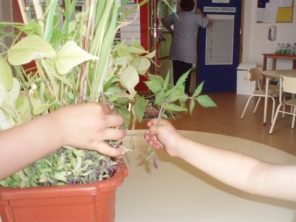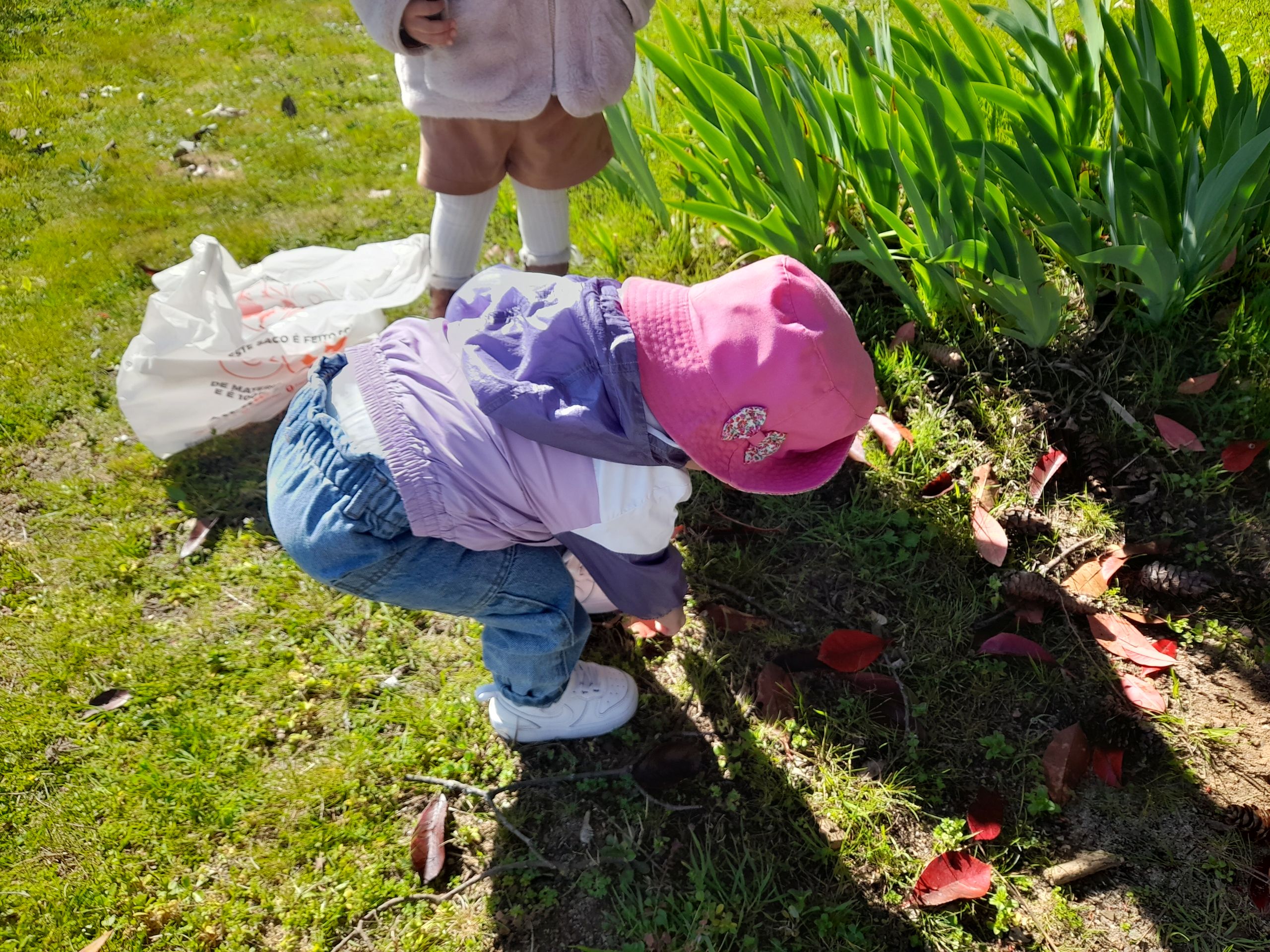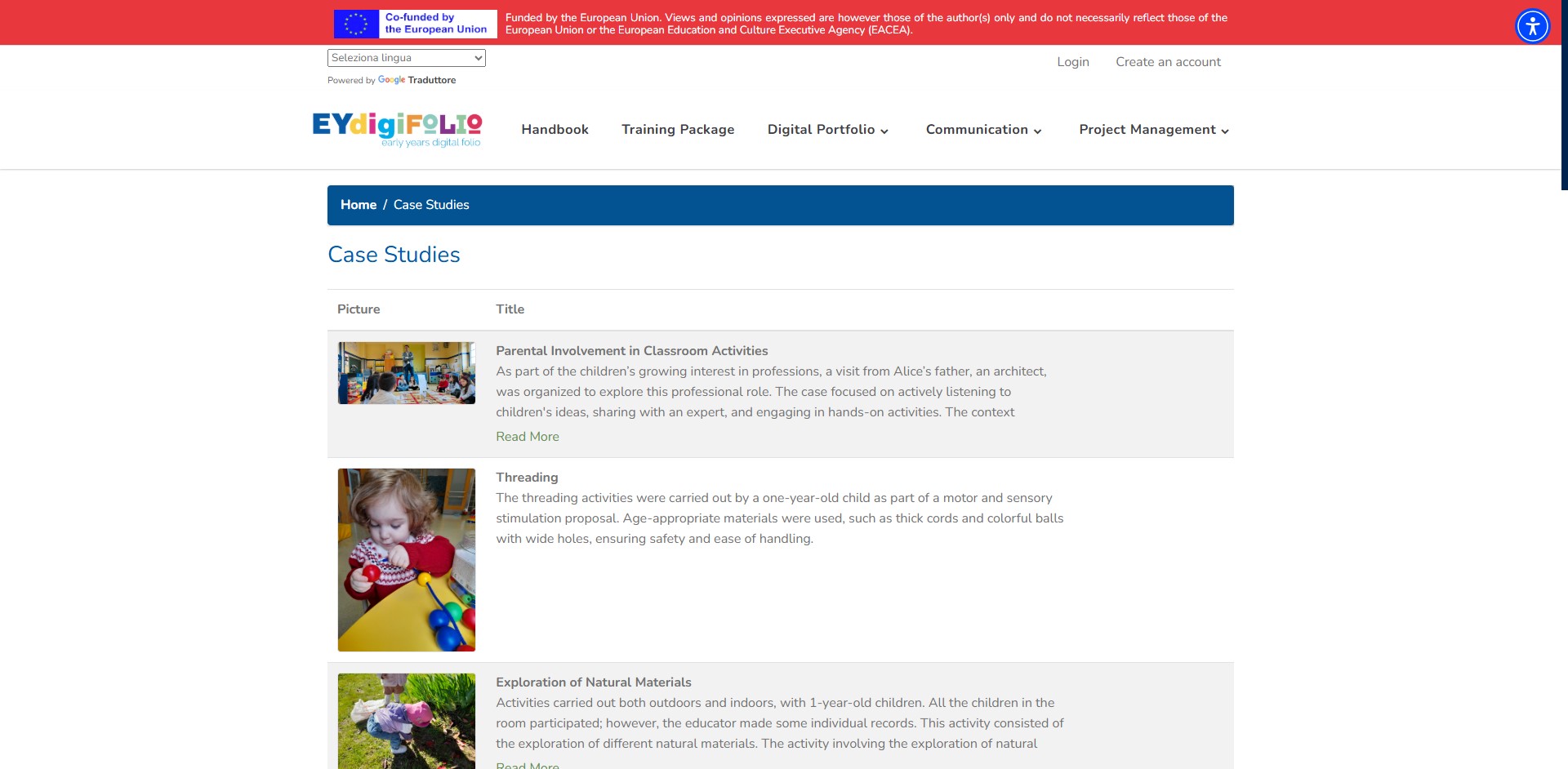16-05-2025
Exploration of Natural Materials
This case study explores an activity focused on sensory and creative exploration with natural materials by a group of 1-year-old children. Initiated outdoors through spontaneous play with leaves, soil and sticks, the educator encouraged material collection and later organized them into an accessible space. The children engaged daily in varied activities such as sorting, building and creating art with natural and mixed materials, both indoors and outdoors. Individual observations were recorded, highlighting children’s autonomy and creativity. Keep reading on the website!










